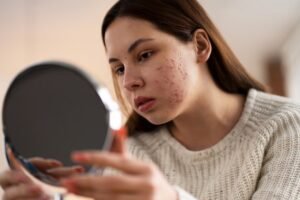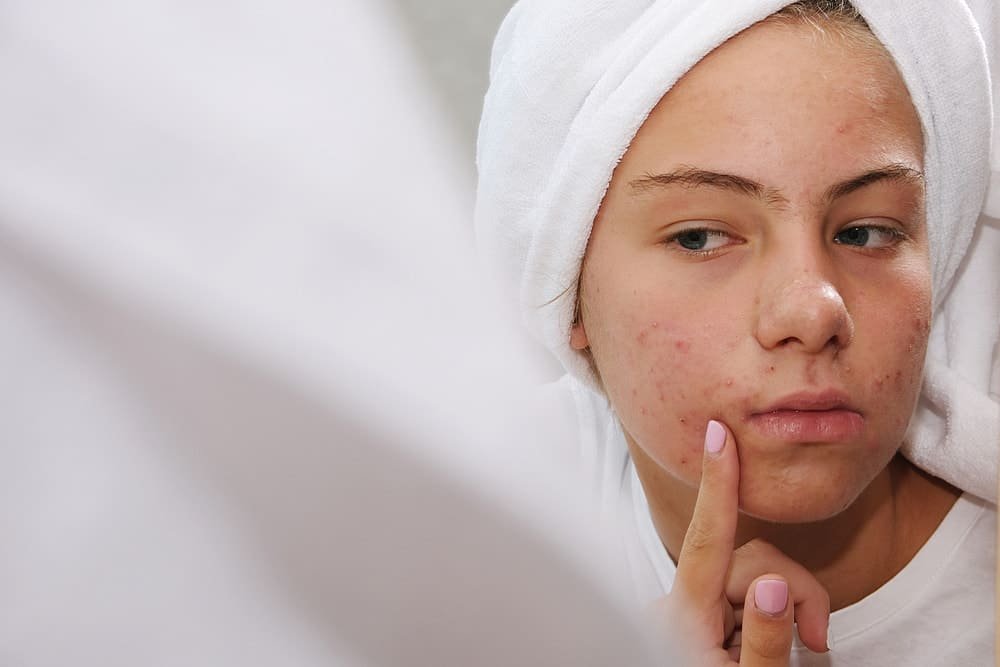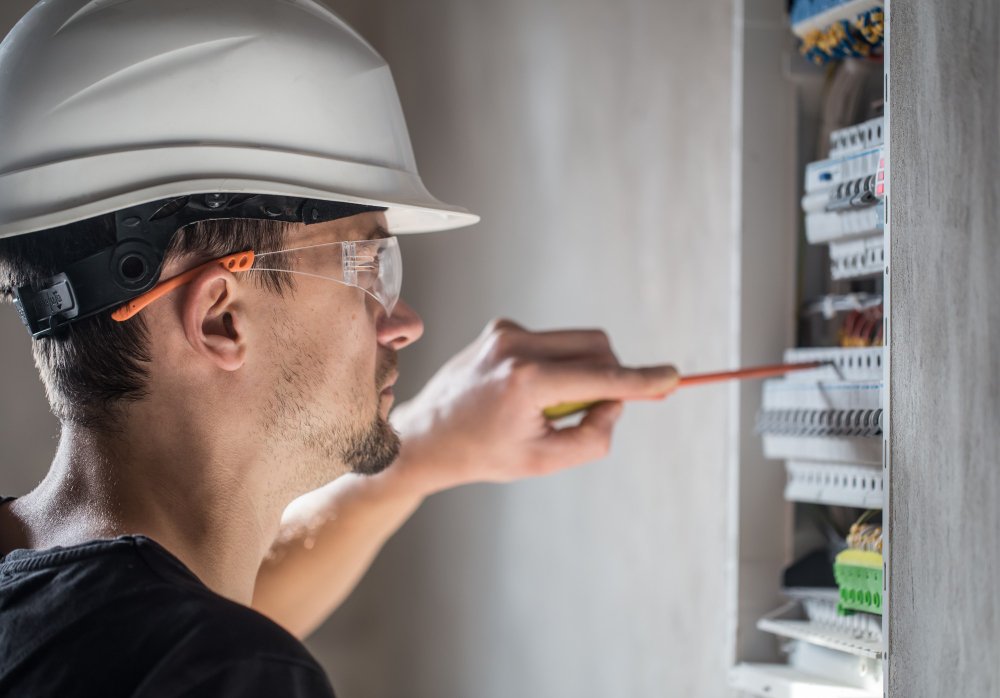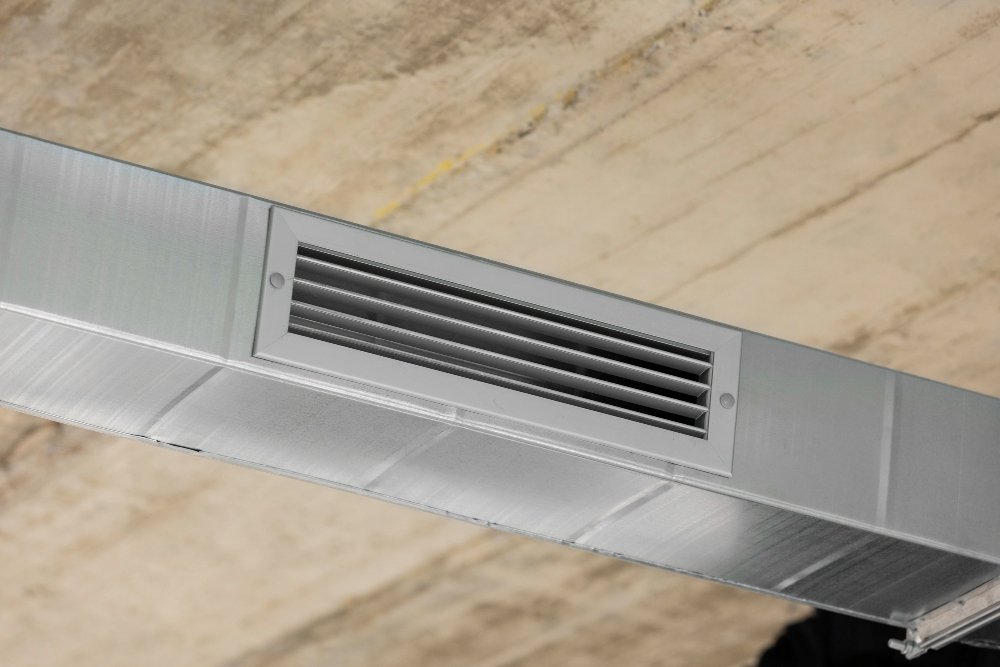Acne scars can significantly impact one’s confidence and self-esteem. With advancements in dermatological treatments, individuals in Abu Dhabi now have access to state-of-the-art solutions to reduce or eliminate acne scars. This article will explore various professional Acne treatment in Abu Dhabi and how they can help individuals achieve smoother, healthier-looking skin.
Understanding Acne Scars
Acne scars form when severe acne damages the skin’s deeper layers, resulting in permanent changes in skin texture. The scars often manifest as indentations, discoloration, or uneven surfaces. These scars may persist long after acne has healed, requiring targeted treatments to improve the skin’s appearance.
Types of Acne Scars
Acne scars can be broadly categorized into several types, including:
- Atrophic Scars: These appear as depressions or indentations on the skin, commonly caused by severe cystic acne.
- Hypertrophic Scars: These are raised scars formed when excess collagen is produced during the healing process.
- Post-Inflammatory Hyperpigmentation (PIH): While not a true scar, PIH refers to dark marks left behind after acne inflammation.
Each type of scar requires a specific treatment approach, making professional consultation essential for optimal results.

Professional Acne Scar Removal Treatments
Fractional CO2 Laser Therapy
Fractional CO2 laser therapy is one of the most advanced treatments for acne scars. This procedure uses laser energy to penetrate the skin’s layers, stimulating collagen production and encouraging the skin to heal from within. It is highly effective for atrophic scars, as it promotes skin renewal and reduces the appearance of indentations.
Microneedling
Microneedling is a minimally invasive treatment that involves the use of tiny needles to create controlled micro-injuries in the skin. These injuries trigger the body’s natural healing process, boosting collagen and elastin production. Over time, this leads to smoother skin texture and a reduction in scar visibility.
Chemical Peels
Chemical peels are a popular option for treating superficial acne scars. The procedure involves applying a chemical solution to the skin, which exfoliates the damaged outer layers. This promotes cell turnover and reveals fresh, healthy skin underneath, effectively reducing discoloration and mild textural scars.
Dermal Fillers
Dermal fillers are an excellent choice for addressing deeper atrophic scars. The fillers are injected into the scarred areas, plumping the skin and creating a smoother surface. While this treatment provides immediate results, maintenance sessions may be required to sustain the effects.
Laser Skin Resurfacing
Laser skin resurfacing is a powerful method for treating acne scars. This procedure works by removing the damaged outer layer of skin and heating the underlying layer to stimulate collagen production. The result is firmer, more even-toned skin with significantly reduced scarring.
Platelet-Rich Plasma (PRP) Therapy
PRP therapy involves using the patient’s own blood plasma, which is rich in growth factors, to rejuvenate the skin. When injected into scarred areas, PRP enhances collagen production and promotes skin healing. This treatment is often combined with microneedling for even better results.
Advanced Skin Rejuvenation Techniques
In addition to traditional methods, advanced technologies such as radiofrequency (RF) microneedling and non-ablative laser treatments are gaining popularity in Abu Dhabi. These treatments are tailored to specific skin types and scar conditions, ensuring personalized care and improved outcomes.
Customizing Acne Scar Treatment Plans
No two individuals have the same skin type or acne scar concerns. Personalized treatment plans are crucial for achieving the best results. Dermatologists assess the severity, type, and location of scars to recommend the most effective combination of treatments.
Combining multiple therapies, such as microneedling with PRP or laser treatments with chemical peels, often yields superior results compared to standalone procedures.
Post-Treatment Care
Proper post-treatment care plays a vital role in maintaining the results of acne scar removal. Following the dermatologist’s advice, such as using gentle skincare products and wearing sunscreen, helps protect the newly treated skin and promotes faster healing.
The Role of Collagen in Scar Reduction
Collagen is a key component in skin repair and regeneration. Many acne scar treatments focus on stimulating collagen production to rebuild damaged tissue and restore skin smoothness. Treatments like laser therapy, microneedling, and PRP are designed to enhance the body’s natural collagen production, making them highly effective for scar reduction.
Benefits of Professional Acne Scar Treatments
Professional acne scar treatments offer numerous advantages, including:
- Improved skin texture and tone
- Reduced visibility of scars
- Boosted confidence and self-esteem
- Long-lasting results with appropriate care
By choosing advanced dermatological solutions, individuals in Abu Dhabi can achieve significant improvements in their skin’s appearance.
Choosing the Right Treatment
Selecting the most suitable acne scar treatment depends on several factors, including the type and severity of the scars, skin type, and individual preferences. Consulting with a qualified dermatologist is essential to determine the best course of action.
Maintaining Clear Skin After Treatment
To maintain the results of acne scar treatments, a consistent skincare routine is crucial. Using high-quality, non-comedogenic products and protecting the skin from UV damage are essential steps in preserving the skin’s health and preventing new scars.
The Growing Demand for Acne Scar Treatments in Abu Dhabi
Abu Dhabi has become a hub for advanced dermatological treatments, attracting individuals seeking effective solutions for acne scars. The availability of cutting-edge technologies and experienced dermatologists makes the city an ideal destination for those looking to improve their skin’s appearance.
Conclusion
Acne scar removal treatments in Abu Dhabi offer hope for individuals seeking to restore their skin’s smoothness and confidence. With options ranging from laser therapy and microneedling to chemical peels and PRP, there is a solution for every scar type and severity. Consulting with a skilled dermatologist is the first step towards achieving healthier, scar-free skin.
FAQs
1. How long does it take to see results from acne scar treatments?
The time required to see results varies depending on the treatment type and the individual’s skin. Some treatments, like dermal fillers, provide immediate results, while others, such as laser therapy or microneedling, may take several weeks to show noticeable improvements.
2. Are acne scar removal treatments suitable for all skin types?
Most acne scar treatments can be customized to suit different skin types. However, it is important to consult a dermatologist to determine the best approach based on individual skin concerns.
3. How many sessions are typically required for acne scar removal?
The number of sessions needed depends on the severity of the scars and the chosen treatment. Some treatments, like chemical peels, may require multiple sessions, while others, such as laser resurfacing, may achieve significant results in fewer sessions.
4. Can acne scars be completely removed?
While many treatments can significantly reduce the appearance of acne scars, complete removal may not always be possible. The goal is to improve the skin’s texture and make scars less noticeable.
5. Is acne scar treatment painful?
Most professional acne scar treatments are designed to minimize discomfort. Topical numbing creams or local anesthesia are often used to ensure patient comfort during procedures like microneedling or laser therapy.



